The PSC Library is open M-W 8am-7:00pm and Th-F 8am-4:30pm. PSC Librarians are available through the "Chat Now" button or via email at librarians@prairiestate.edu.

The library has a couple of upcoming events for Black History Month in February. Both of these programs are open to the entire PSC community. Your students are welcome to join in. Please let them know and encourage them to attend!
NCTE’s African American Read-In, is an annual event held all over the United States in the month of February. All members of the PSC community are invited to the third year of this event. Join us to read and/or listen to works by African American authors. We ask that you keep your readings to literature, poetry, or sections of a memoir. Please fill out this participation form to read. This event will be held remotely.
African American Read-In
Wednesday, February 23 · 1:00 – 2:00pm
Google Meet joining info
Video call link: https://meet.google.com/bbw-vedo-hnk
Or dial: (US) +1 617-675-4444 PIN: 815 424 265 6125#
The library will be hosting its book club online on February 28th. One of our students selected The Hate U Give. This topical book is circulating on banned books lists throughout the country, and should make for a good discussion. This book is available at the library in print, audio book, and e-book format. If you can’t get enough, we also have a DVD of the movie. The meeting is open to all in the PSC community. Please reach out to Valerie Moore with any questions. Meeting information is below.
Book Club Meeting, The Hate U Give
Monday, February 28 · 12:00 – 1:00pm
Google Meet joining info
Video call link: https://meet.google.com/cyu-meyp-ctu
Or dial: (US) +1 617-675-4444 PIN: 283 007 218 4202#
The library has a warming box outside the front door. Much like our popup pantry boxes, students can pick up items that they need without any questions. As the temperature has dropped the box has emptied. If you have extra coats, mittens, blankets, or anything else warm, please wash them and place them in the box. Don’t forget to add children’s outerwear if you have it.
If you have books, DVDs, or other materials you would like to put on reserve for students, please bring the items you would like to put on reserve along with this form to the circulation desk and we can set it aside for your students. Identical items can use the same form. More information can be found on the reserves information on our website.
As faculty, we are subject experts in our fields and recall our own journey from student to authority. Many students have not had the same experience and therefore may have trouble differentiating between types of experts (or authorities) and how different environments grant authority in their research. The ACRL has a framework to summarize information literacy in the academic library. This framework is a “cluster of interconnected core concepts, with flexible options for implementation, rather than on a set of standards or learning outcomes, or any prescriptive enumeration of skills.” (Mueller) The first frame, Authority Is Constructed and Contextual can be especially helpful to help students learn about authority as both a social construct, and something that varies according to environment, or context.
Authority is constructed
Who gets to be called an authority? Like most in-groups, authorities are granted this honor by other authorities. As it turns out, authorities tend to grant this title to those who look like them, and share similar worldviews. The trouble is that this system excludes those in the outgroup- which would include historically marginalized groups.
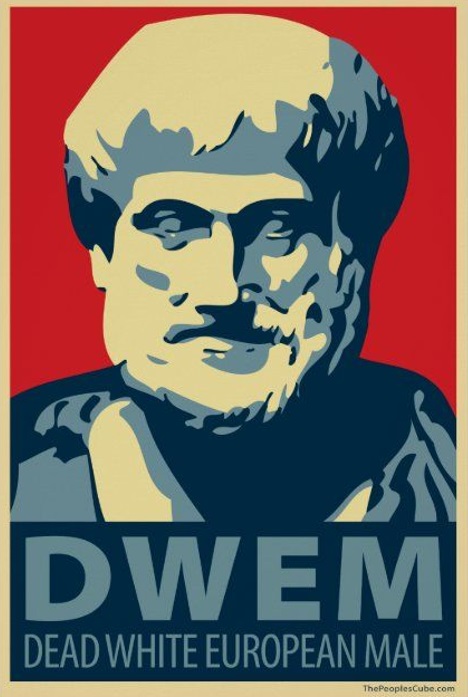
This frame recognizes that there are different types of authorities. There are those who derive their authority from their scholarship, such as any of us. There are those who are authorities as a result of societal position, like religious leaders, activists, and unfortunately- influencers. Lastly, there are those who become authorities through some sort of lived experience. Some exceptional folks will tick multiple boxes. Nevertheless, all of them are granted authority through some sort of experience, in which they transition from novice to authority.
Authority is contextual
One group’s authority figure is another group’s villain- or even fool. This frame is flexible enough to note that different communities recognize different types of authorities. Likewise, an authority in one area is not necessarily one in another. For example, I wouldn’t take vaccination advice from Novak Djokovic, and I wouldn’t ask Dr. Fauci for advice on my backhand. In other words, one’s expertise, or authority often won’t translate outside of their area of knowledge.
Our students are still learning how to research, and how to sort good information from bad. One step is recognizing whose words (authority) they should be reading, and under what circumstances. Explaining these nuances to students is one small step towards building information literacy. This translates to life outside of PSC as well, as mastery of this frame will allow them to consult appropriate authorities for research related to their health, safety, and finances. These steps can prevent students from looking in the wrong places for the wrong types of experts, or dismissing authorities who don’t fit in the “correct” paradigm.
Works Cited
Mueller. “Framework for Information Literacy for Higher Education.” Association of College & Research Libraries (ACRL), American Library Association, 20 Jan. 2022, https://www.ala.org/acrl/standards/ilframework#authority.
Every so often libraries get flack for discarding old books from the collection. Pictures will circulate on social media featuring books in dumpsters, causing PR problems and headaches for administrators. To avoid this, some librarians joke about discarding books away under the cover of night. The process of deaccessioning books, or weeding, as it is often called, is a critical part of collection development.
While we do our best to repair items or donate deaccessioned books, we occasionally discard items that are moldy or damaged beyond repair. Books are deaccessioned for many reasons, and those reasons keep the collection well maintained. These reasons are detailed below.
Space is limited/to make room for better items
Libraries only have so many shelves. Shouldn’t those shelves hold items patrons need the most? We know how often books circulate over a given timeframe. Each library can’t own every book, which is why libraries borrow from one another through interlibrary loan. Libraries should own the items that best serve their patrons.
The content is poor or no longer relevant
Imagine your child needs to select a country to highlight for a school project. You drop your child off in the children’s section of your local library and crack open your briefcase to get some work done. After a few minutes your child diligently brings back books with maps from the mid-1960’s. They have proudly selected the German Democratic Republic as their country of choice.
Books with dated information are often deaccessioned for this exact reason. These books can be useful as historic reference points, but this is a hard sell when they take up valuable shelf space and spread misinformation in the meantime. The information doesn’t have to be old maps; it can include disproven or outdated science, or items that are no longer part of the curriculum.
Damage
Books can get moldy, smelly, or fall apart. Items checked out so frequently that they fall apart, are serving their intended purpose. Books are for use! These books are often deaccessioned, and then replaced.
Deaccessioning, or weeding serves to preserve the purpose of an entire collection by discarding items that are no longer useful. Librarians love to read, but we remind you that books are not relics. Books are intended to be used by our patrons, and sometimes they become damaged from use. Sometimes they are no longer relevant, and sometimes there simply isn’t the space for a book that hasn’t been checked out since shoulder pads were in style.
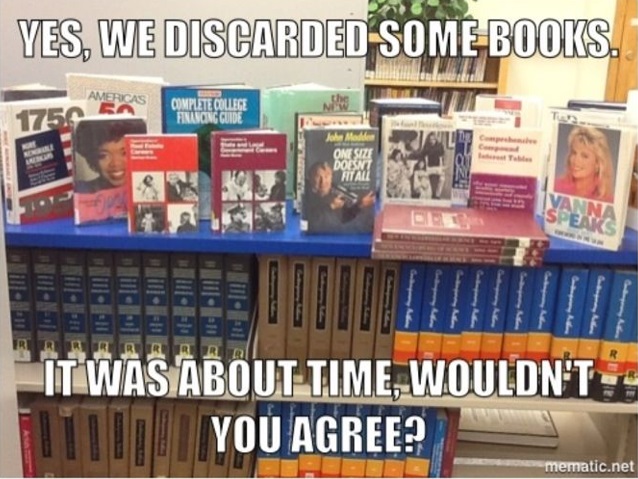
This Black History Month we are featuring a collection of eBooks for adults and children.
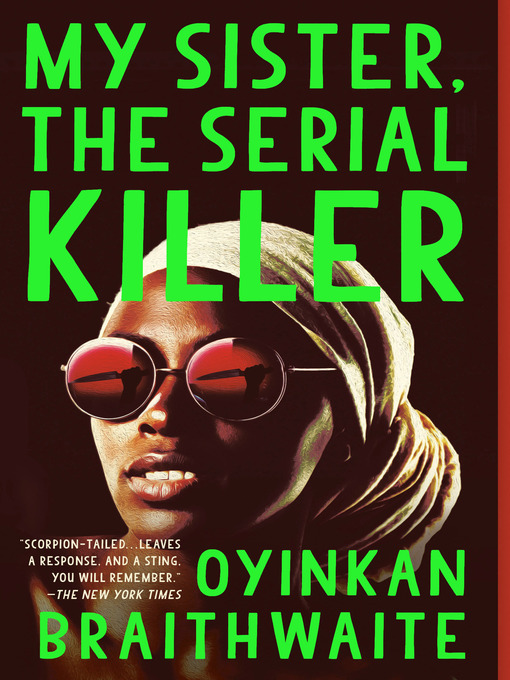 My Sister, The Serial KillerOyinkan Braithwaite |
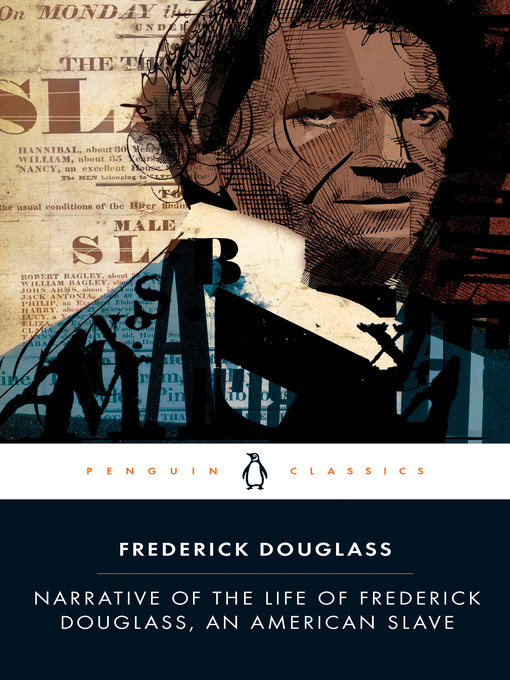 Narrative of the Life of Frederick Douglass, an American SlaveFrederick Douglass |
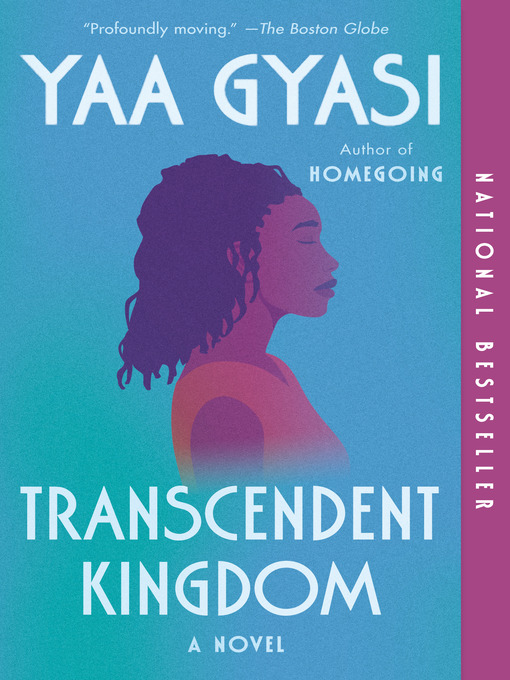 Transcendent KingdomYaa Gyasi |
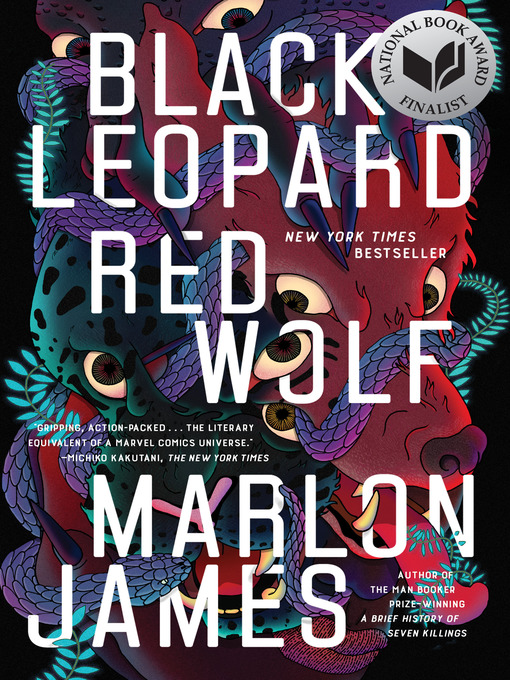 Black Leopard, Red WolfMarlon James |
The Other Wes MooreWes Moore |
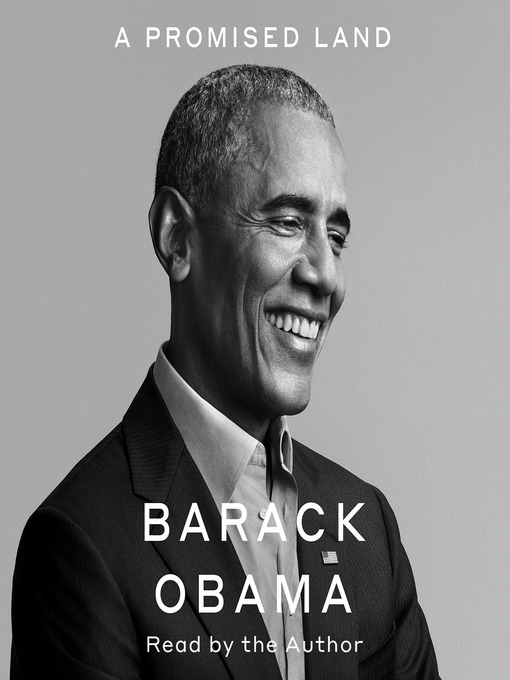 A Promised LandBarack Obama |
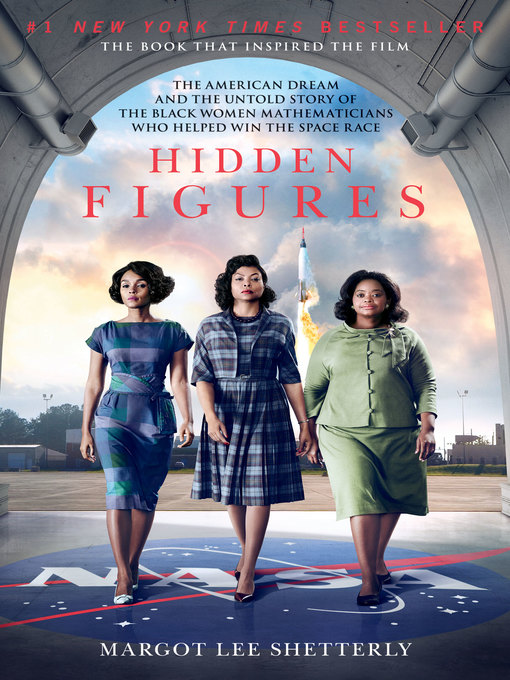 Hidden FiguresMargot Lee Shetterly |
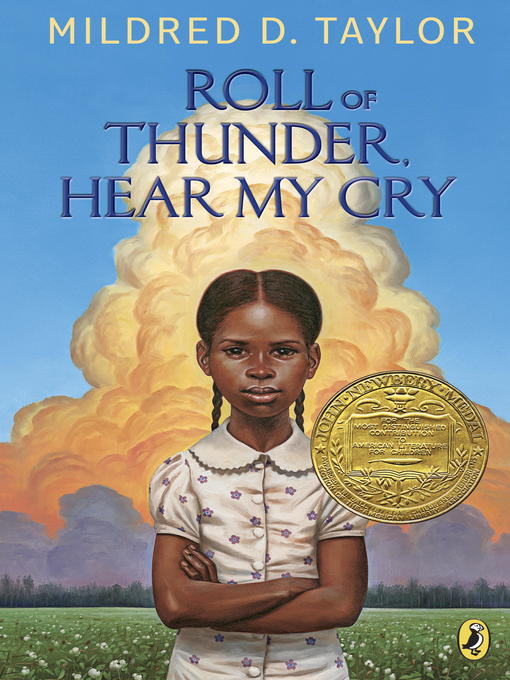 Roll of Thunder, Hear My CryMildred D. Taylor |
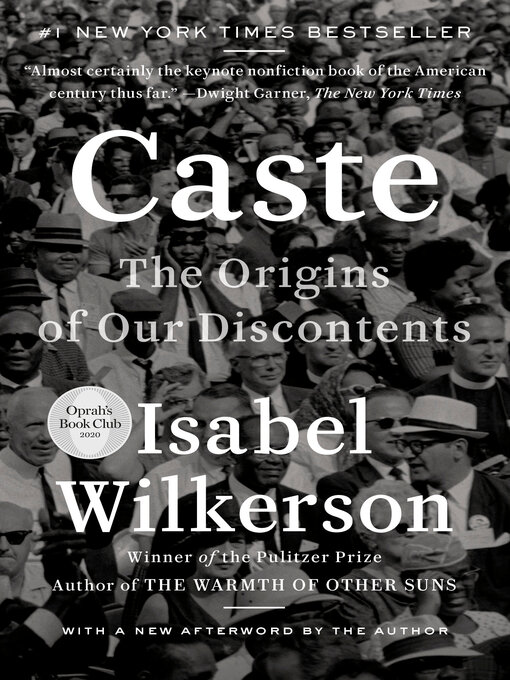 Caste: The Origins of Our DiscontentsIsabel Wilkerson |
The History of the Negro ChurchCarter G. Woodson |
Lastly, the library is here for you; reach out with any questions at Ask a Librarian!